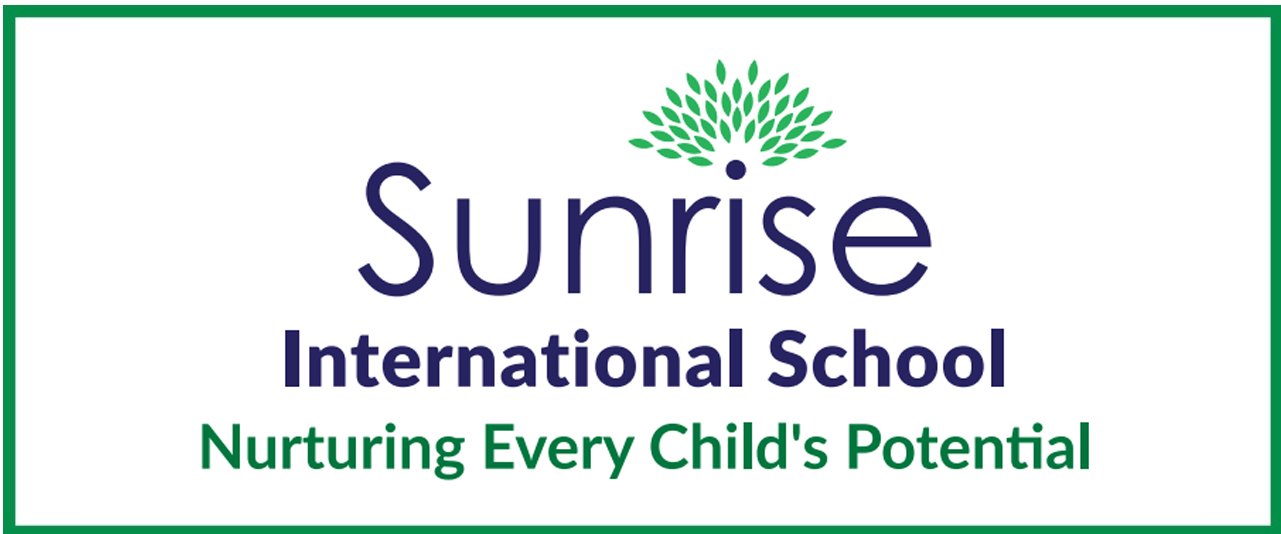How to Protect Your Website with Advanced Web Hosting Security
April 18, 2025 | by IoT Development Company

In today’s digital landscape, website security is more critical than ever. With cyber threats becoming increasingly sophisticated, it’s essential to ensure that your website is protected from potential attacks. Advanced web hosting security features can provide the necessary safeguards to keep your site safe and secure. Here’s a comprehensive guide on how to protect your website with advanced web hosting security.
Understanding the Importance of Web Hosting Security
Your website is a valuable asset, and protecting it should be a top priority. Web hosting security is crucial because it helps safeguard your site from various threats, including malware, DDoS attacks, and data breaches. A secure hosting environment not only protects your data but also ensures that your website remains accessible to your visitors.
Key Security Features to Look For
1. SSL Certificates
An SSL (Secure Sockets Layer) certificate is a fundamental security feature that encrypts data transmitted between your website and your visitors’ browsers. This encryption ensures that sensitive information, such as passwords and credit card details, remains secure. Most web hosting providers offer SSL certificates, and some even provide them for free.
2. DDoS Protection
DDoS (Distributed Denial of Service) attacks are designed to overwhelm your website with traffic, making it unavailable to legitimate users. DDoS protection services can detect and mitigate these attacks, ensuring that your site remains online. Many hosting providers now offer built-in DDoS protection as part of their security suite.
3. Firewall Protection
A firewall acts as a barrier between your website and potential threats. It monitors and filters incoming and outgoing traffic based on predetermined security rules. Web Application Firewalls (WAFs) are particularly effective in protecting against common web vulnerabilities, such as SQL injection and cross-site scripting (XSS) attacks.
4. Regular Backups
Regular backups are essential for recovering your website in case of a security breach or data loss. Look for a hosting provider that offers automated backups, so you don’t have to worry about manually backing up your site. Some providers also offer off-site backups, which provide an additional layer of security.
5. Malware Scanning and Removal
Malware can infect your website and compromise its security. Many hosting providers offer malware scanning and removal services that automatically detect and remove malicious code from your site. Regular scans can help you identify and address security threats before they cause significant damage.
6. Two-Factor Authentication (2FA)
Two-Factor Authentication adds an extra layer of security to your hosting account by requiring a second form of verification in addition to your password. This could be a code sent to your phone or an authentication app. Enabling 2FA can significantly reduce the risk of unauthorized access to your hosting account.
Choosing the Right Web Hosting Provider
When selecting a web hosting provider, it’s important to consider their security offerings. Look for providers prioritizing security and offering a comprehensive suite of security features. For example, bodHOST is known for its robust security measures and reliable hosting services.
Here are some questions to ask when evaluating a hosting provider like bodHOST:
-
Do they offer SSL certificates, and are they included in the hosting plan?
-
What kind of DDoS protection do they provide?
-
Do they have a firewall in place to protect against common web vulnerabilities?
-
How often do they perform backups, and are they stored off-site?
-
Do they offer malware scanning and removal services?
-
Do they support Two-Factor Authentication?
Best Practices for Enhancing Website Security
In addition to choosing a hosting provider with advanced security features, there are several best practices you can follow to enhance your website’s security:
1. Keep Your Software Updated
Regularly update your content management system (CMS), plugins, and themes to the latest versions. Software updates often include security patches that fix known vulnerabilities.
2. Use Strong Passwords
Weak passwords are a common entry point for hackers. Use strong, unique passwords for your hosting account, CMS, and any other login credentials. Consider using a password manager to generate and store complex passwords.
3. Limit Access to Your Hosting Account
Only grant trusted individuals access to your hosting account. The fewer people who have access, the lower the risk of unauthorized activity.
4. Monitor Your Website Regularly
Regularly monitor your website for any unusual activity or changes. Tools like Google Analytics and security plugins can help you detect and respond to potential threats.
5. Educate Yourself and Your Team
Stay informed about the latest security threats and best practices. Educate yourself and your team on how to identify and respond to potential security issues.
Conclusion
Protecting your website with advanced web hosting security is essential in today’s digital environment. By choosing a Linux web hosting provider with robust security features and following best practices, you can significantly reduce the risk of security breaches and ensure that your website remains safe and accessible to your visitors. Remember, website security is an ongoing process, and staying vigilant is key to maintaining a secure online presence.
RELATED POSTS
View all

